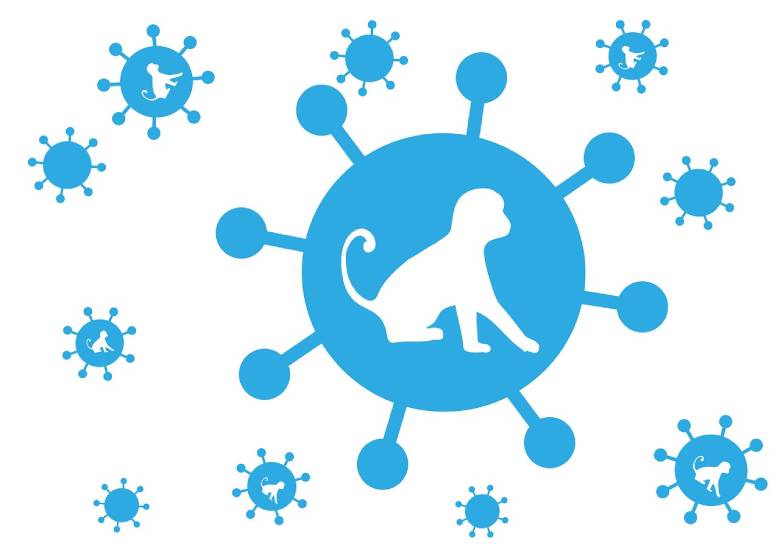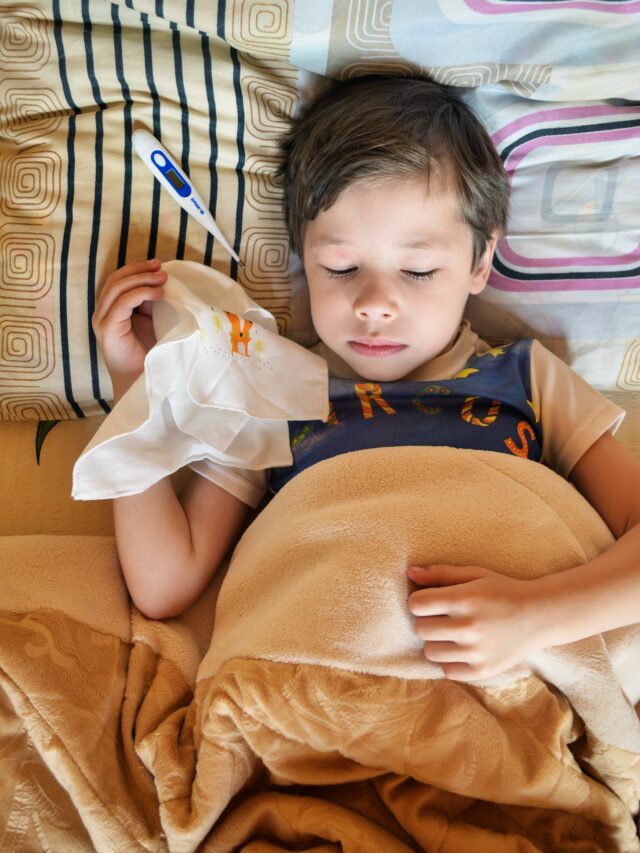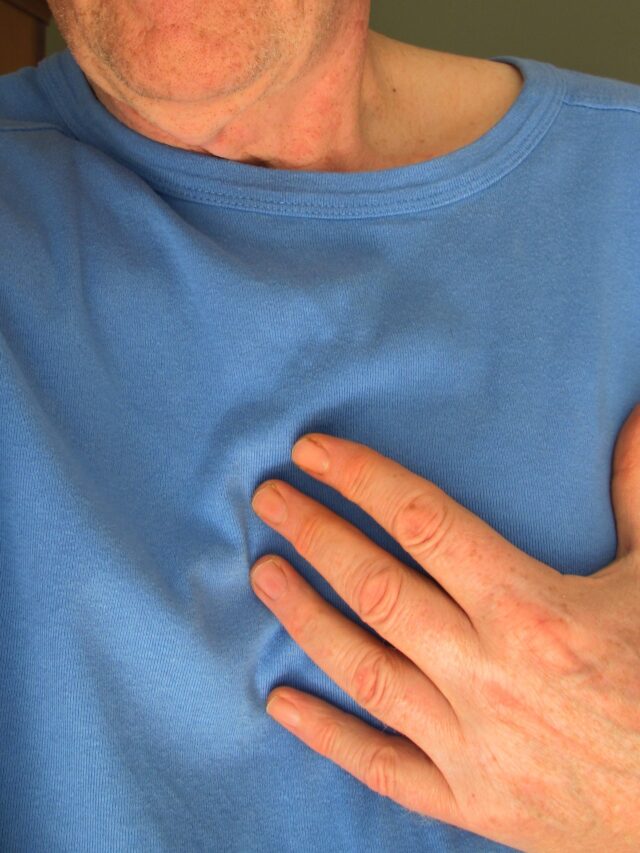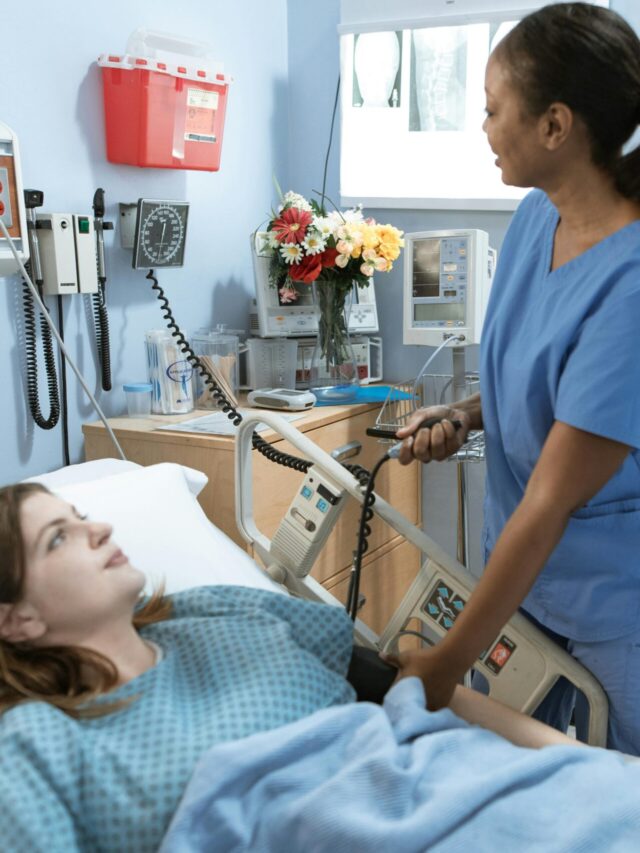Monkeypox or MPOX is slowly turning towards becoming a global health problem and Africa is the Hotspot this time, it is witnessing an increased number of cases in a limited period and the disease is symptomatically more aggressive than before.

MONKEYPOX SURGE: WHAT EXPERTS ARE SAYING ABOUT IT?
Mr. JEAN KASEYA, Director General of AFRICA CDC ( Center for Disease Control and Prevention) on his official X handle posted that:
Cases of Monkeypox have surged – up 79% from 2022 -2023 and 160% from 2023-2024.
For the first time countries such as Burundi, Kenya, Rwanda, and Uganda are reporting cases of Mpox other than the usual Monkeypox region.
According to Jean Kaseya, Africa can declare Monkeypox (MPOX) as a public health emergency soon.
200,000 doses of MPOX vaccine are available and requires 10 million more vaccines to control Monkeypox spread effectively.
On 14 August AFRICA CDC declared Mpox (Monkeypox) as health emergency.
National Department Of Health, South Africa on 4th August 2024 posted on its X handle confirmed :
Total Positive Mpox Cases – 24
Active cases – 2
Deaths – 3
WORLD HEALTH ORGANIZATION (WHO) Director General MR TEDROS ADHANOM GHEBREYESUS on his X handle posted that:
He will be convening the Emergency Committee regarding the upsurge of Monkeypox on Wednesday 14 August 2024.
The committee will provide its views on whether to declare Monkeypox as a Public health Emergency of International Concern.
On 14 August 2024 WHO declared Mpox (Monkeypox) as International Health Emergency.
NEW STRAIN OF MONKEYPOX-
Monkeypox can be caused by different Strains of viruses which are called CLADES.
This current Mpox surge in Africa is caused by a new variant of CLADE 1 which is CLADE 1b.
This variant is even more dangerous than Clade 2.
CLADE 1b cases have been confirmed in Kenya, Rwanda and Uganda.
HOW MONKEYPOX IS TRANSMITTED ?-
Monkeypox Or Mpox is transmitted through direct contact or handling of the infected animals.
In humans, it can be transmitted through the respiratory or contact route.
A study conducted by WHO ( World Health Organization) shows that the spread of the disease is now capable of transmission through human interaction and does not require repeated contact with infected animals.
ANIMALS INVOLVED IN MONKEYPOX TRANSMISSION-
Monkeys, squirrels, Gambian rats, and wildlife in African forests are known to carry and transmit the virus.
WHAT ARE THE SIGNS AND SYMPTOMS OF MONKEYPOX ?-
Monkeypox patients show a variety of symptoms but some of the common symptoms are listed below:
- Fever – It can occur after one week of the infection.
- Chills- patients usually feel cold during the infective stage.
- Headache- A generalized headache is present.
- Muscleache- Patients can feel the whole body with muscular pain too.
- Weakness- patients generally get dehydrated due to fever and also have a loss of appetite. This leads to weakness in the patient.
- Vesiculopustular lesion- It starts a week after the fever. Lesion generally starts from the central part of the body and spreads towards hands and legs.
Skin lesions are important from the diagnostic point of view-
These lesions can be seen on the palms and soles also.
Sometimes these lesions are present on the face, especially near the eyes and these lesions can lead to spread in the conjunctiva, and the patient may suffer from blindness.
Some patients especially those with weak immune systems such as AIDS Patients can suffer from sepsis of lesions, brain swelling, respiratory failure, and kidney failure which can lead to severe life-threatening conditions.
Once the lesion starts peeling off the skin, then it is suggestive of the end of infection in the patients.
HOW TO DIAGNOSE MONKEYPOX ?-
Nucleic Acid Test-
Nucleic Acid Testing is the widely accepted test currently being used for the detection of the Monkeypox virus.
This nucleic acid testing includes polymerase chain reaction and sequencing.
If the person has a lesion on the skin then a swab is used to take the specimen and sent to the lab for polymerase chain reaction.
If the person has no lesion on the skin, then the specimen can be collected with the help of a swab from the oral or rectal cavity.
Blood Test-
A blood test for Monkeypox is not needed.
If infection or any organ damage is suspected then a blood test can be done accordingly.
WHAT ARE TREATMENT AND PREVENTIVE MEASURES OF MONKEYPOX ?-
TREATMENT OF MONKEYPOX-
No specific medicine is developed to control the infective stage of the virus.
- Paracetamol- It is useful to control the body temperature of the patients and the doctor adjusts the doses of the medicine according to the patient’s temperature.
- Hydration- Plenty of liquid is given to the patient to prevent dehydration.
- Painkillers- Doctors generally avoid giving painkillers to patients.
- Antibiotics- If the lesion is suspected to be infected with bacteria then only antibiotics are prescribed by the doctors.
- TPOXX or Brincidofovir are the Antiviral agents that have shown some effect on the Monkeypox virus and are used by doctors on the basis of the patient’s condition.
PREVENTION OF MONKEYPOX-
- Monkeypox vaccines are available and they are the most effective way to prevent getting infected.
- Avoid traveling to the areas which are having an increase in the number of cases.
- Patients diagnosed positive for Monkeypox should be kept isolated and their family members and friends should also be tested.
- Avoid getting close to the person who is having a fever and skin lesion.
- Body fluids can transfer the virus from the infected person to the normal person, so it is important to avoid sexual activity with unknown or sick persons.
- Be careful while handling animals and meat because animals are carrier for Monkeypox.
- If you develop any of the above symptoms then it is important to contact your doctor and follow the advice given by them.
- Never take any medicine on your own and take medicine as prescribed by your doctor.
- Eat a healthy diet with vegetables, fruits, and proteins as they can boost your immune system and help you fight against this infection.
- Regular exercise is recommended as this can improve the overall health of the individual.
- People should avoid gyms, public toilets, and public bathrooms as the chances of getting infected from these places are more especially in endemic areas.
- Always wear a mask especially when you are in crowded places or near a sick person with constant coughing.
SUMMARY-
Monkeypox or Mpox is a viral disease that can spread through contact with animals, the meat of infected animals, or through infected human beings.
Vaccines are the best way to prevent the spread of infection. Visit your doctor or Local Government Hospital and enquire about the vaccine and if the doctor advises you to get vaccinated then you should take the vaccine.
Always follow your Local Health Authority and World Health Organization (WHO) guidelines to prevent the spread of this disease.







I hope Monkeypox does not spread like covid and every one remain safe and healthy.